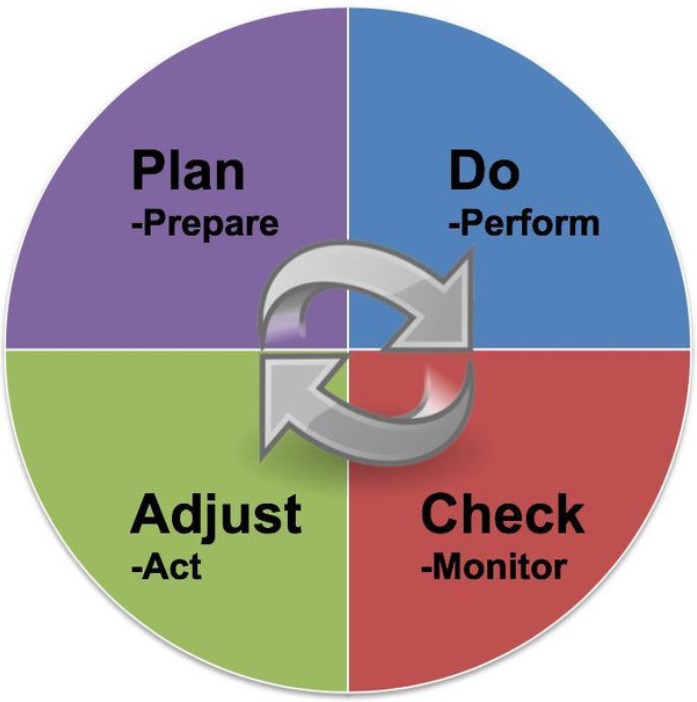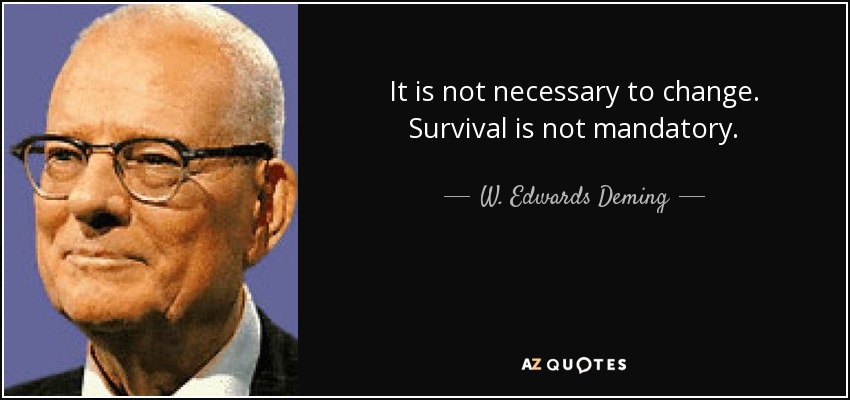
On 1st May 2021 I embarked on a fairly un-orthodox 50% working pattern (Semi-retirement at 43). As I write this, I have only 3 working days left before I leave the corporate world, so I think it is a good time to reflect on the past year and how part time employment has worked out for me on my FIRE journey.
The first thing to say is that I am very glad that I did it. When I first dropped half of my hours, I wasn’t sure if it would be permanent for years, a tapering down to full retirement or even a wake up call that I actually like working full time. The primary objective was to create the time and space to test what is ‘enough’ for me, without completely abandoning my corporate job. There were, and still are, parts of my job that I enjoy, so I didn’t want to throw in the towel only to find that actually it is an important part of my purpose and something I would regret.
I often think in terms of mental bandwidth. I operate on the principle that I can only do a good job of so many things at one time, so if I want to make something happen, something else has to give. It is much better to consciously prioritise where to allocate mental capacity, than just start everything and see when your energy runs out. When Mr Wombat and I achieved our financial FIRE goal, I wasn’t sure what a healthy balance for me would look like, so I wanted to run a test and see how I would feel.

Many people would describe planning to do something and then later choosing to do something different (when the results of the original plan become clear), as a failure. I see it a little differently. You may have come across PDCA or the Deming cycle in a business or process improvement context, but I believe the concept applies to life in general. According to W. Edwards Deming, PDCA, stands for ‘Plan, Do Check, Act’. I have always preferred a slightly adapted version: ‘Plan, Do, Check, Adjust’. For me the word ‘act’ is too final.
Life is a journey, and not just a series of all-or-nothing decisions. If you want something to happen, it is down to you to plan and take action, but the process doesn’t end there. Is it working out how you expected? If not, it’s time to learn and adjust. One of my biggest issues with the FIRE community is a tendency to see any adjustment as a failure. I’ve also seen it called the ‘retirement police’ “You’re not retired, you’re doing some work!”, well so what? Sticking with something that isn’t working for you, just because it was what you originally planned, is insane. Financial Independence gives you choices; making the most of those choices is an ongoing process and documenting this adventure is the main reason I started this blog.
The last year was the ‘do’ stage of the process, and I recently completed the check & adjust stages.
So, having probably spent far too long explaining my thought process, what did I actually learn?
Time
It was only by making time away from the normal daily grind that I created the space and perspective to think about what I really wanted out of life. We spent a lot more time outdoors and travelled regularly to those middle-of-nowhere places we like so much. It only took a few months for it to seem incredible that 25 days annual leave ever seemed enough. We were able to embrace a slower pace of life (for 50% of the time anyway). We had time to walk or cycle to the local town for essentials (or for ingredients for a Mothers Day cake, that I now had time to bake).
It didn’t take long for the extra free time to be filled. The big difference was that now it was activities that we chose that were filling 50% of the time. We completed the campervan project we had been talking about doing for years. We finally made the time to visit places and friends that were long overdue. In short, we did not have trouble finding things to do with the time.
Purpose & Autonomy
There are many documented formulae for happiness, but those that appeal to me the most include having a purpose and control over your own destiny.
I came across one that particularly appealed to me in the book ‘Enough’ by John C Bogle. “According to an authoritative article in the American Psychologist magazine it’s not money that determines our happiness, but the presence of the combination of these 3 attributes:
- Autonomy – the extent to which we have the ability to control our own lives ‘to do our own thing’.
- Maintaining connectedness with other human beings, in the form of love of our families, our pleasure in friends and colleagues, and an openness with with those we meet in all walks of life
- Exercising competence, using our God-given and self-motivated talents, inspired and striving to learn”
I believe we all need to have a purpose to be happy with our lot in life, but this doesn’t need to be some lofty goal or a life’s work. I think that as long as we have something to work towards at any one time, that purpose can change and evolve as we do. We are known by friends and family to always have some kind of project on the go, and that means we always have a purpose. Reading the above quote helped me to recognise that when that project is mostly in our control, involves working together or with others, and doing things we are good at (or learning to be good at), it makes us happy.
Images of retiring to endless days strolling along a beach or sipping cocktails in far flung places just doesn’t appeal long term (I’m sure we could cope for a week or three though :-))
Stress
It is much easier to recognise stress when you regularly have time and space to reflect. I bring a lot of this on myself, as I have never been one to put off until tomorrow what can be done today, and therefore expect the same of others. With experience, I have got better at letting go of things out of my control, but it is still frustrating at times.
I definitely eat less healthily when I feel stressed. I don’t just mean eating more convenience food when I have less time (although this is also true). I find myself reaching for unhealthy snacks more often – even if I’m not really hungry. When my mind is caught up with work topics, I tend to cook the same few meals which don’t require much thought and this is driven by the online shopping order being done in a rush.
When stressed, I become more impatient and short tempered with those around me and when I don’t have time to get outside and go for a walk, this is amplified. I was quite surprised that I never really identified this before. It was just the norm when I was working full time. The only chance to really stop and reflect was when I had more than a week off, generally twice a year: in the summer and at Christmas.
Sustainability
This one is a bit of a conflict for me, but what has become clear is that we want to lead a more sustainable lifestyle. The organisation I work for claims sustainability credentials, but it is definitely a case of sustainability when it is convenient, and not when it impacts meeting profitability or growth targets. I have benefitted enormously over the last 15 years from being part of this organisation, both in terms of personal development and financial compensation. The accumulation part of my FIRE journey could have looked very different if I had been employed by someone else, so I don’t want to be a hypocrite.
I have not turned into an environmental evangelist, but having the time and perspective to evaluate our life has shown us that this is an important aspect. We have always been conscious of avoiding excessive consumption, but going forwards, we want to do more and really be part of the change. Others have told us we can’t make a difference on our own. Whilst this is true, imagine what the world would be like if everyone went ahead and made small changes anyway.
A more sustainable lifestyle fits well with our preferences, so we have decided that our next challenge will be to create a home which is energy self-sufficient from renewable sources (autonomy again). Perhaps with hindsight the campervan project was a trial run too 🙂
Time to adjust
The other (and arguably most important) benefit to tapering paid work was that it helped my monkey brain adapt slowly. Rather than an abrupt switch from one state to another, transitioning from one to the other is definitely something I would recommend whatever your A and B states might be. Before making any major decision, I like to let my brain acclimatise to it, to not do anything for a few hours or days (depending on the magnitude). Part time working was really an extended version of this, as well as a ‘try before you buy’. I had the benefit of something stable and familiar, whilst also having the time to start to explore what might come next, now there was no necessity to earn money.
Looking back, I can clearly see my attitude changing over time. To begin with, I was always keen to get stuck in again after a period of non-working. I never really felt left out, or like I was missing out on something (which was one of my fears in advance), but getting back to the familiar was comforting. As time went by, new projects became familiar and new routines habitual, so my desire to get involved with work at the end of non-working periods lessened (quite quickly!).
All in all, I would whole-heartedly recommend some form of semi-retirement as a transition from working to not working. A year was about right for me, but we are all different, so longer or shorter may be enough for you. The theme of exercising autonomy is something I can see throughout the last year. It is easy to be ‘busy’ and put off taking action on something new until later. The most important step is always the first one. You have more power than you know, but only you can make the change; no-one else will do it for you. When I started the conversation about what I wanted my part-time working arrangement to be, I thought it was more likely than not that my employer wouldn’t want to be that flexible (and I was prepared for that). It turns out, that by making a proposal and painting a picture of how it would work, I made it happen. If I had just gone in with demands, I think the outcome may well have been different. The hardest part was overcoming the inertia, and starting the conversation, just like the hardest part of accumulating the freedom fund was making that first investment. I wrote a post on this topic some time ago, and I am probably now an even more passionate advocate of ‘One day or day one – it’s up to you……‘
If you are not familiar with W. Edwards Deming, I will leave you with my favourite quote:

Source link
